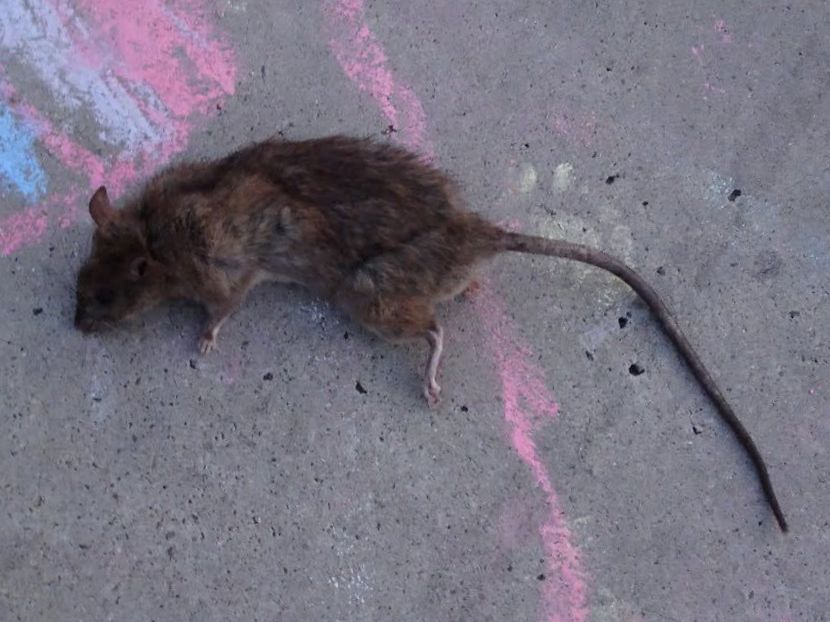
We know what you would like the answer to this question to be: you would quite like it if you could trap a rat in a wire cage, drive a little distance away from the point of capture, and then release the rat so that it can go on to have a happy, healthy, and preferably long life in the wild.
It's a good and happy idea in theory, but life doesn't always work out like that. In fact, life works out like that very rarely. Trapped wild rats that are released back into the wild do not have an easy time of things … Here's why:
To start with, a wild rat that has spent its entire life in a residential habitat will have no clue what the wild, rural spot is that you have just dumped it in. New predators. New smells. New threats. It would be like taking a child that has spent its entire life in the city and then dropping them off in the country, without any advice or assistance. The child — and the rat — will be disorientated, scared, confused, and vulnerable.
Urban hotspots have their predators, admittedly, but they include cats, dogs, cars, and people. Rats have developed a growing immunity to rat poison, so that's becoming less of a concern for them, but as long as they avoid traps (which they have also started doing quite well), they do pretty well. In the wild, however, cats, dogs, people and cars are the least of a rat's worries. There are coyotes out there, foxes too, owls, eagles, hawks, raccoons, opossums, snakes, maybe even more … Different habitats will have different threats, but the released rat won't have seen any of those things before. It will know to run, but it won't know what the predator is capable of.
New predators are scary, but not being able to find food is even scarier than that. Rats, just like most animals, need three things in order to survive. They need a source of fresh water, some food, and a place to call home — where they can sleep and build a new group's nest. When you release the rat, it won't know where any of those things are and will need to locate them ASAP. If it doesn't, the rat will fall prey to attacks from predators, won't be able to find enough food or water to sustain itself, or will die of exposure because it doesn't have a shelter.
All of those things aside, which are bad enough by themselves, rats have shown to be very emotional animals, and we cannot ignore the fact that the removal of a rat from its group and then relocation/release elsewhere is very damaging to the rat. Rats in laboratories have shown actual, physical symptoms of depression, quite literally pining for their friends and neighbors, when ripped from the original social group. This leave them without an appetite, no energy, and not in a good position when dumped back out in the wild.
Live trapping and releasing of wild rats might seem like a very good idea when you want to take the most animal-friendly approach to rat control, but the outcome is not often as friendly as you had hoped it might be.
Go back to the pestcontrolrat.com home page.
Copyright 2021 - pestcontrolrat.com
Nationwide Rat Control Services